Coronial inquest: Domestic violence predicted to cost police $1.1bn over seven years
‘How much does a life cost?’: Australia’s largest ever coronial inquiry into domestic violence grills leaders over ‘piecemeal’ funding.
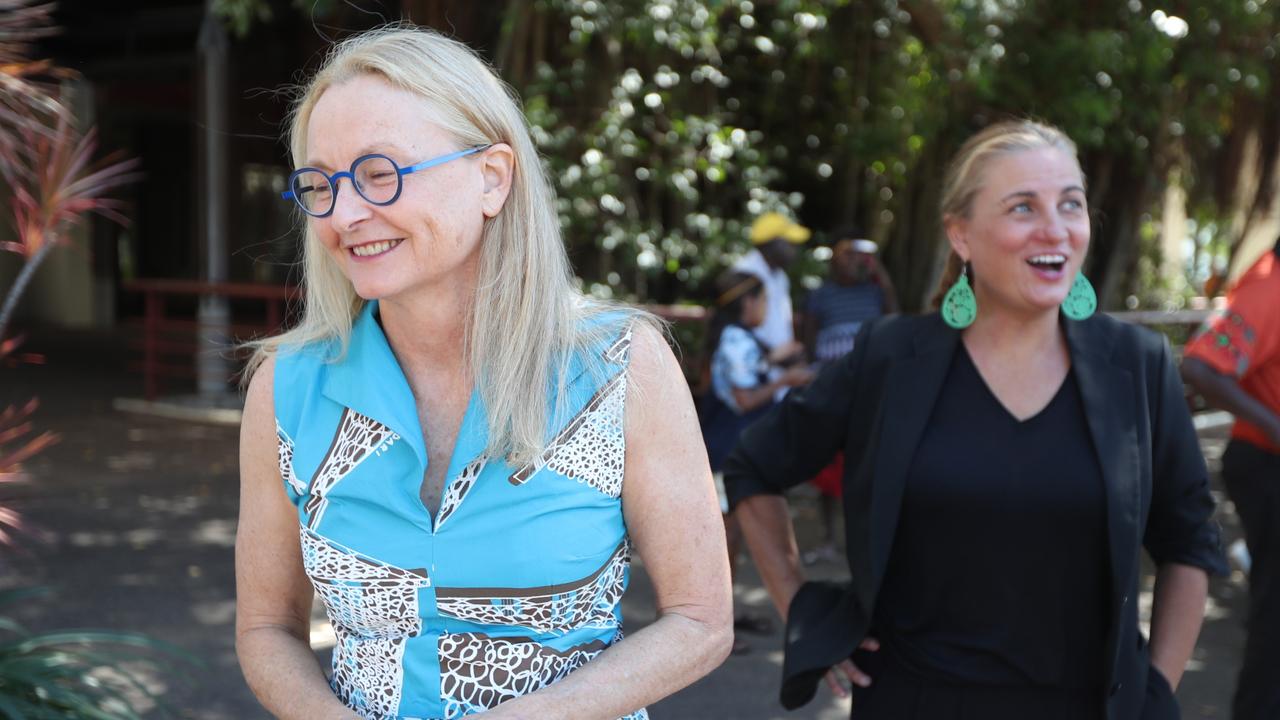
Aboriginal and Torres Strait Islander readers are advised that this article contains the names and image of Indigenous people who have passed, used with the permission of their families.
Domestic violence is expected to cost the Territory more than a billion in police responses alone over the next seven years.
Northern Territory Coroner Elisabeth Armitage reopened Australia’s largest ever coronial inquiry into domestic homicides on Monday calling the government to front up over the ‘crisis’ of abuse.
Across 10-months, Ms Armitage has explored the homicides of four Aboriginal women — Kumanjayi Haywood, Ngyego Ragurrk, Miss Yunupiŋu and Kumarn Rubuntja — exposing how domestic violence services have been overwhelmed by demand.
Since opening the inquest three more Territory women have been killed in suspected domestic violence homicides.
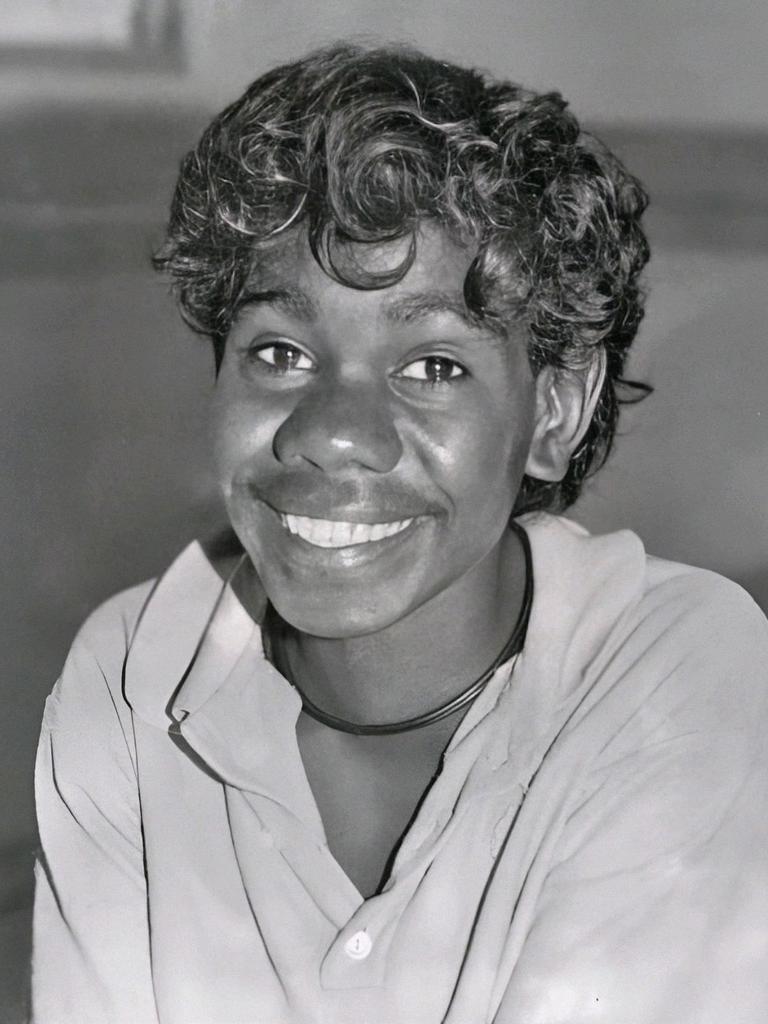
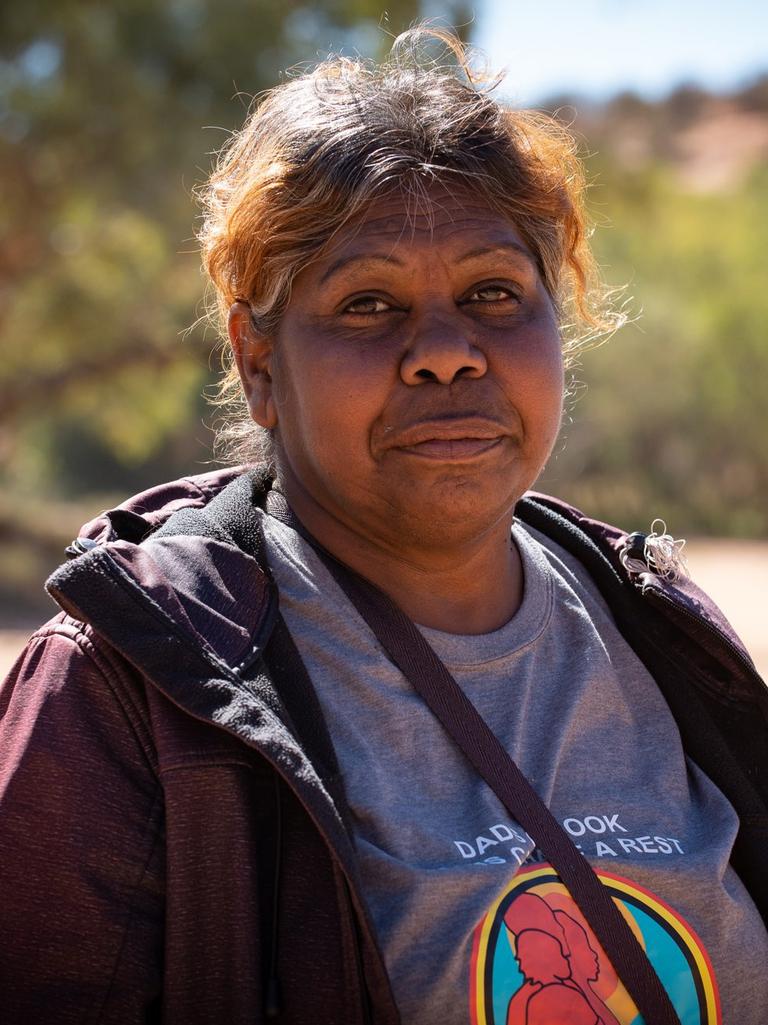
NT Police Commissioner Michael Murphy told the coroner there was an “unprecedented” pressure on police, agreeing the Territory could “not arrest our way out of this crisis”.
Internal NT Police documents tendered to the court estimated the cost of domestic violence was expected to double over the next six years.
The Cost of Service Delivery Project said a “conservative” estimate put the cost of domestic violence at $100m in 2022-23, but that is expected to reach $209m by 2029-30.
Around 24 per cent of the latest police budget is expected to be spent on responding to abuse.
Over seven years police are expected to spend $1.1bn responding to domestic violence.
The Police Commissioner was asked about a $90m boost to his budget for 2024-25, as the domestic violence sector was only allocated an additional $30 over two years.
This is well short of the government’s own expert panel recommendations for $180m over five years, an average of $36m a year.
“It’s a modest request. How much does a life cost?” Mr Murphy said.
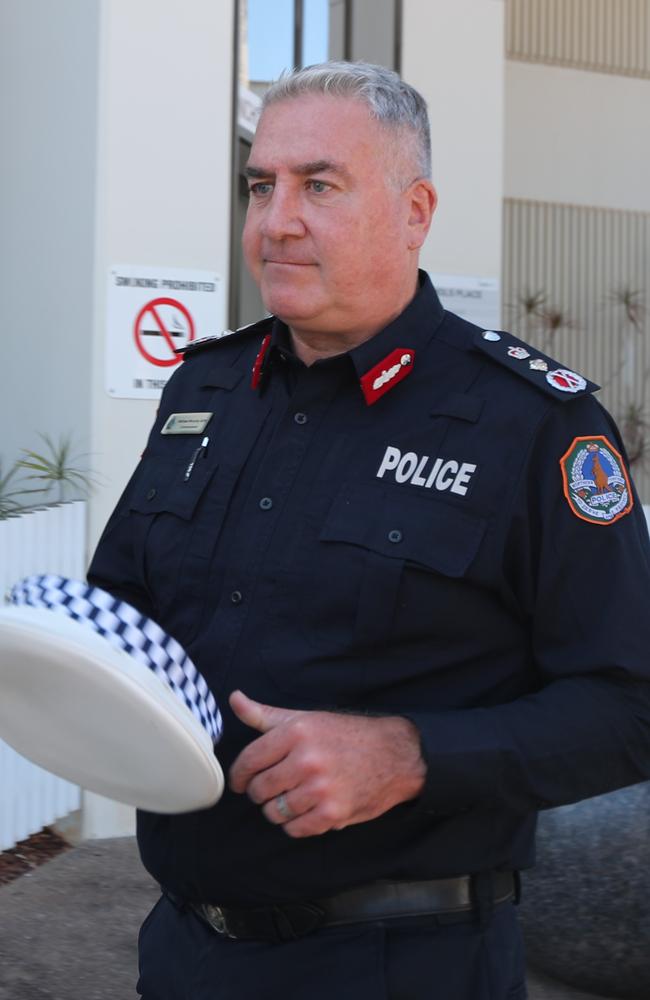
Acting Assistant Commissioner Sachin Sharma told the coroner too many women were being killed and police were left broken from the trauma.
He said while a new domestic violence general order had been issued, he questioned if there were enough resources to adequately put it into practice.
Mr Sharma acknowledged it was “inadequate” only 18 specialist domestic violence officers were based in Darwin, revealing that in just a week four had been “seconded” to different units.
“That doesn’t seem to reflect the commitment to domestic violence that we just heard about,” Ms Armitage said.
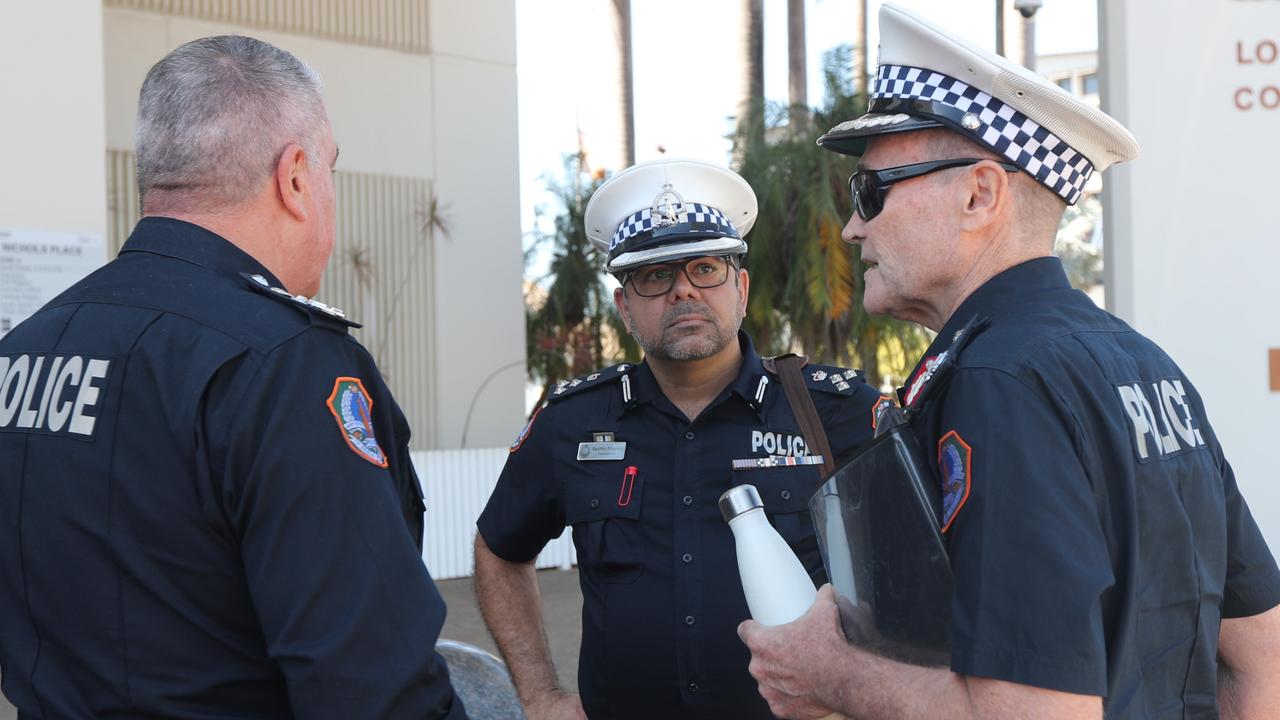
Mr Sharma said the Family Safety Framework was “full”, while pilot programs like the co-responder model in Alice Springs were already predicted to be “immediately overwhelmed”.
YWCA Australia NT regional manager Rachael Uebergang said their funding was being “eroded” by rising costs, efficiency dividends and budget savings measures by government.
In a written submission, Ms Uebergang said as a result unmet demand had jumped by 279 per cent in four years.
She said across six months in 2020 the service had to turn away 66 people — around 38 per cent of referrals — but within the first five month of this year they had to reject 250 people, 61 per cent all survivors seeking help.
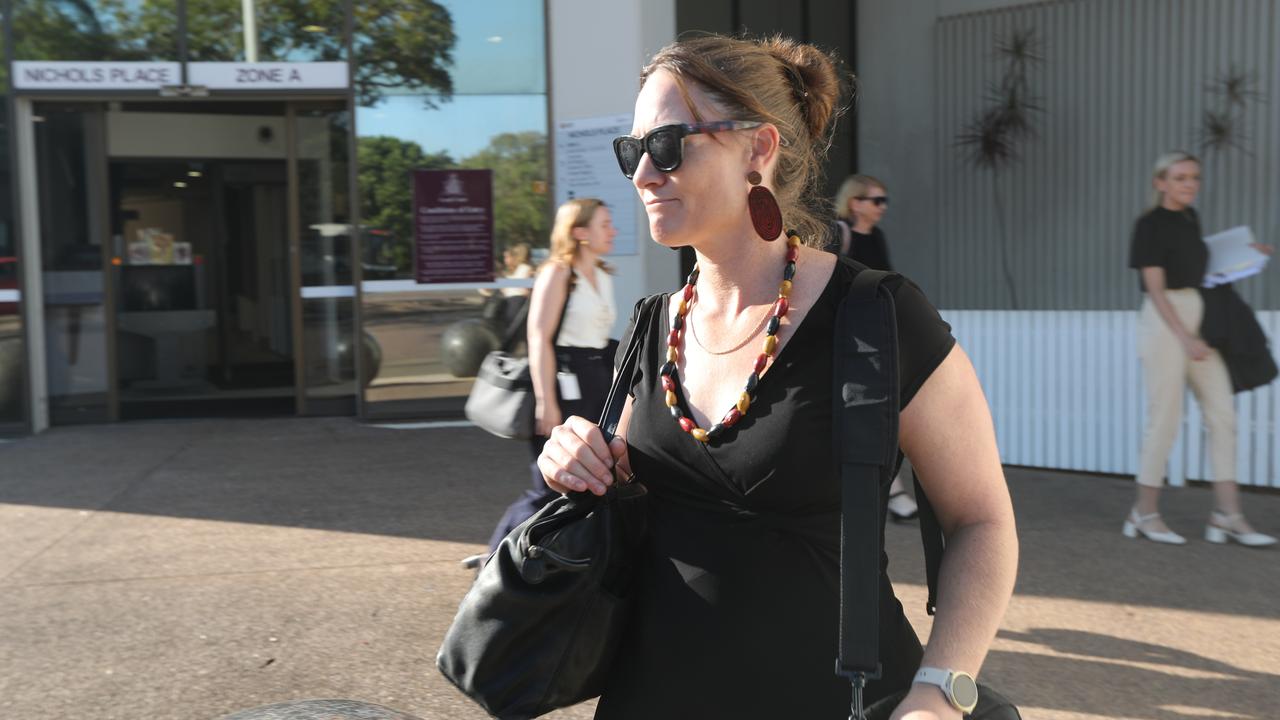
Territory Families Domestic, Family and Sexual Violence Reduction Division strategic policy director Anna Davis only gave the coronial inquest 20 minutes of her time to defend what the sector described as “piecemeal” funding.
Ms Davis said the latest federal budget allocated 4.6 per cent of the National Partnership on Domestic Violence to the Territory, a total of $28.8m between 2021 and 2027.
However, counsel assisting the coroner Peggy Dwyer said given the funding cliffs, growing demand and rising costs, this funding was merely “plugging gaps”.
Last week’s NT Budget revealed there was a $523,000 underspend in the child protection division of Territory Families in 2023-24, and a $4.3 million underspend in the department’s domestic violence unit.
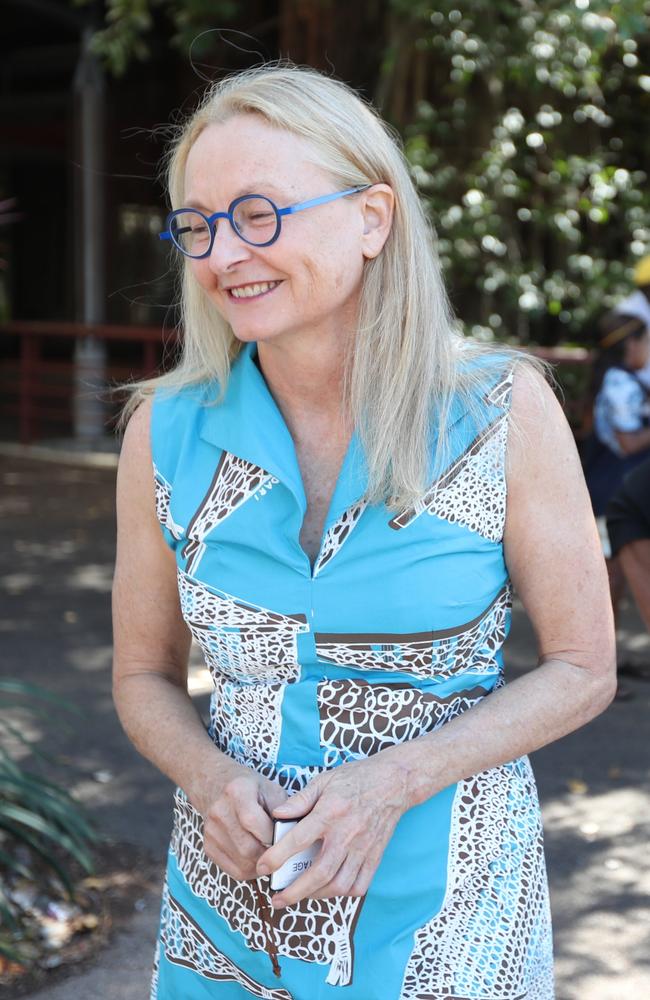
Ms Armitage was visibly frustrated the unspent funding could not be ‘quarantined’ or reallocated to the front lines of the domestic violence crisis.
“Let’s talk about the reality here,” she said.
“Don’t give me big numbers of money which has been allocated to the sector, when in reality it is not being spent in the sector it is being saved.”





